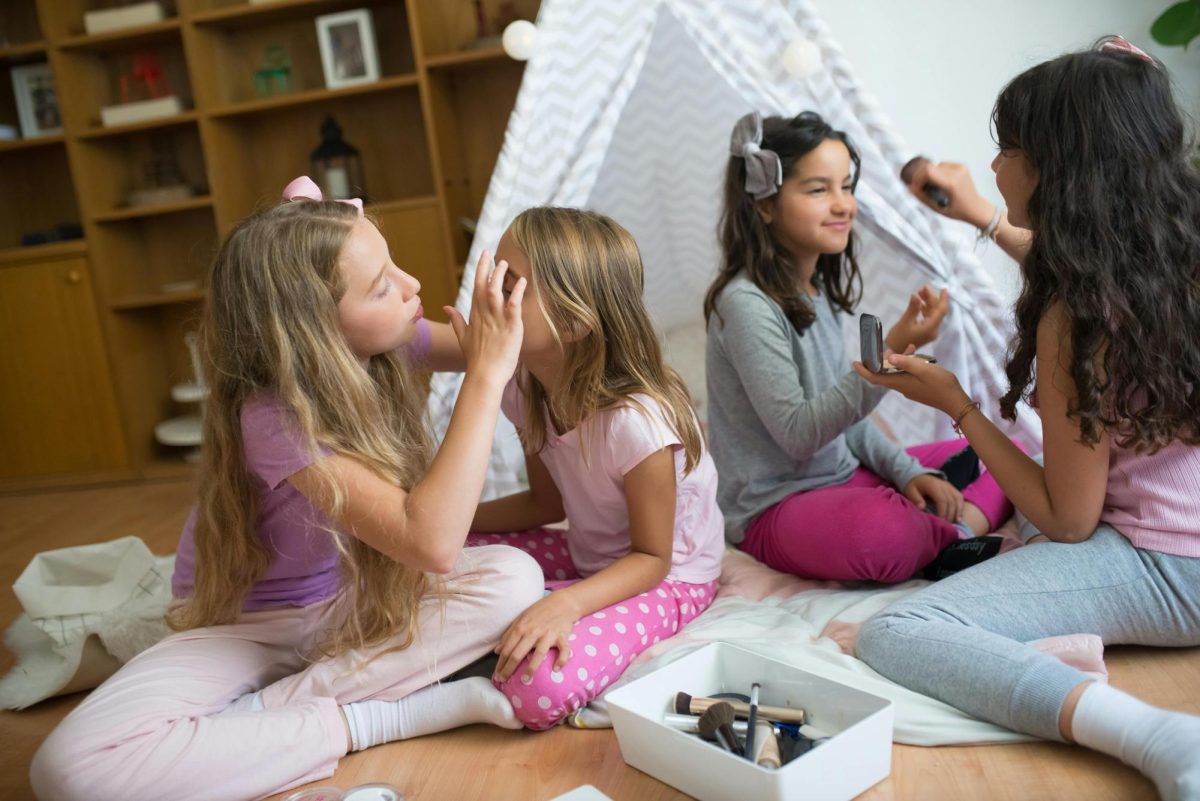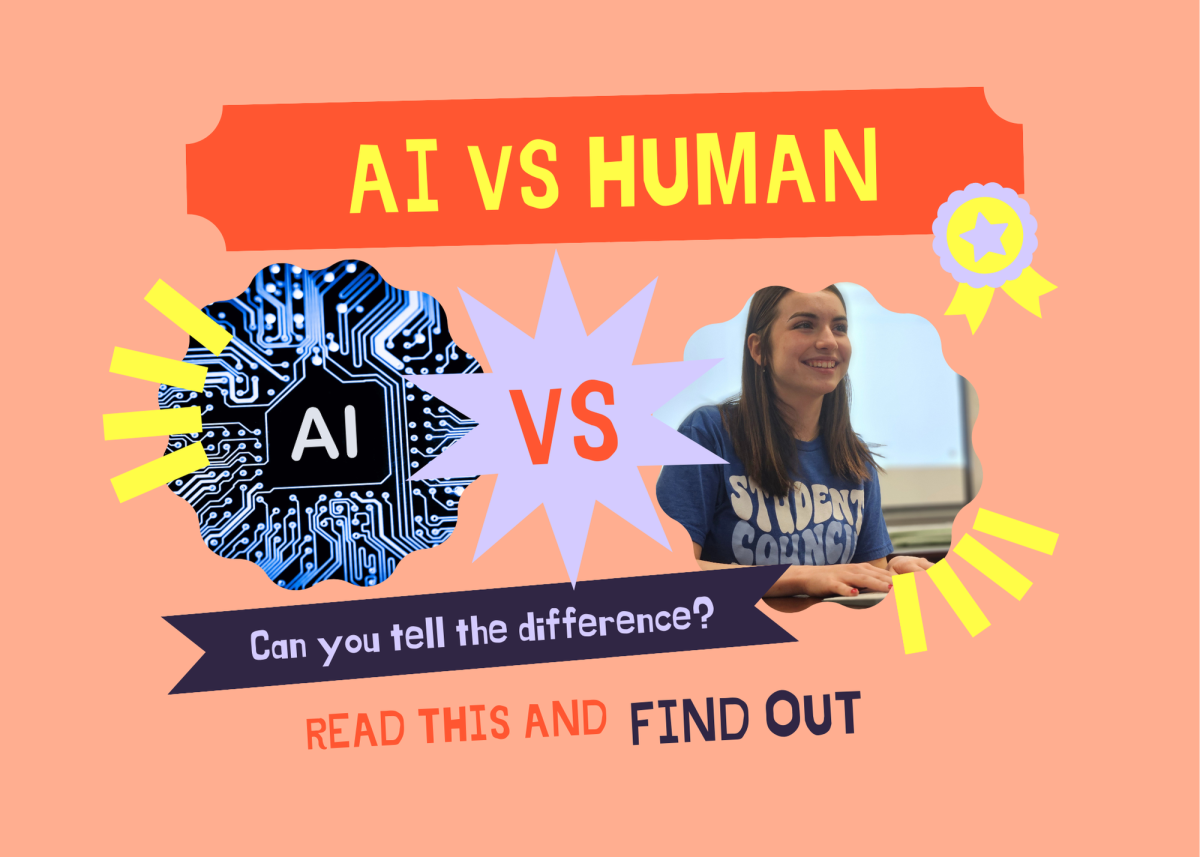‘Sephora Kids.’ You may or may not be familiar with the term, but it refers to the alarming increase in preteens ages 13 or younger shopping in Sephora, a makeup store that sells mostly high-end makeup products. Through apps such as TikTok and Instagram, these kids can be seen purchasing and using skin care products meant to combat aging and acne, something that they may not even have at their young age.
With companies such as Drunk Elephant and Glow Recipe trending on social media platforms, impressionable children began to follow the bandwagon. Children in this stage of their lives stop looking to their parents and teachers for guidance and start looking to their peers. This concept is the same with social media, as now it applies to celebrities, influencers, and online personalities. Millennials and Gen-Z have been seen making videos called “get ready with me” on TikTok where they show their step by step routines, including their skincare and makeup such as retinol and serums. Gen Alpha is now wanting to hop on the Drunk Elephant and Glow Recipe skincare, although it combats acne and aging. With the filter on all social media with influencers having flawless skin and makeup, an unattainable standard of beauty is created which may turn the children to consumerism in order to try and copy what they see.
Not only is the skincare effects not catered towards children, but the prices should be a clear sign that it is made for adults. The most popular Drunk Elephant moisturizer retails for $68.00 and targets “anti-aging” and is “good for uneven texture.” The most popular Glow Recipe product is the Watermelon Toner which has a price of $35.00 and also targets “uneven texture” and is “gently exfoliates the skin and minimizes the appearance of pores” (Sephora). Children and preteens will see their favorite influencer use one of these products and feel compelled to have the same routines to achieve similar results, even if it is unnecessary for their skin type or age. Being impressionable and susceptible to peer influence, particularly when it comes to conforming to societal norms and trends, pressures kids to join the trend. However, who is to blame for the children purchasing these items, parents or the companies?
Both parents and the companies can be blamed depending how one looks at the situation. Parents play a crucial role in supervision and guidance and are responsible, however, companies may employ certain marketing strategies to target children and adolescents which can include influencers promoting the products to their impressionable fans. By creating an unrealistic beauty standard through advertisements, companies capitalize on vulnerable children’s insecurities and desire to fit in. Despite these arguments, I believe the companies market themselves to adults and that parents need to set more boundaries with their kids. Just because a parent can afford expensive skincare for their child does not mean they should buy it as it could have potential risks for them. Most anti-aging skin products have ingredients such as retinol and vitamin C which can cause skin irritation, allergic reactions, and increase skin sensitivity, making the skin more prone to damage in the long run (Medriva). Instead of using these products, children should adopt a simple routine if they wish to have one that will maintain their young skin rather than treating premature signs of aging that they do not have. The skincare needs for children and adults are vastly different, and parents should take that into consideration when purchasing it for their child.
Despite all of this, I am not saying that children and preteens should not be able to delve into makeup, but I think there should be a limit set. The phenomenon of kids in Sephoras has multiple factors including the influence of social media, societal pressures, and lack of boundaries set by guardians. Companies should be mindful of their marketing, but parents need to take the weight of the responsibility to guide their children. By working together, these two factors can come together to protect children from the negative consequences of premature exposure to skincare products.












